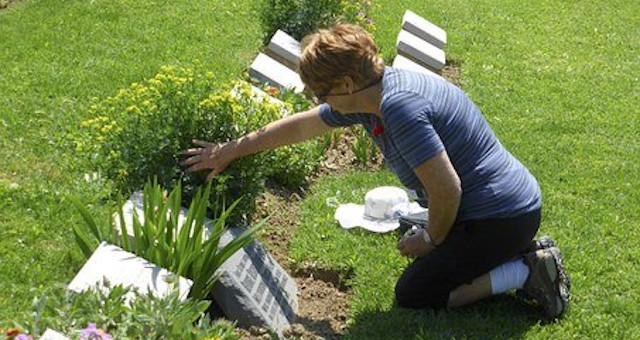
Because of the COVID-19 pandemic, we are experiencing a higher death rate than we’ve seen in generations. And, as a result, you are more likely to find yourself talking to someone who’s lost a loved one than in years past. And, of course, death is a natural part of life. So, knowing how to support friends and relatives, in the immediate aftermath of a loss, is something each of us will need at some point.
Save the cliches and platitudes for later:
“Everything happens for a reason.” “He’s in a better place.” “God took her because He needed another angel.” While these sentiments are well-intentioned and sometimes contain a nugget of wisdom or truth, they do little to alleviate the searing pain of acute grief. Even Scripture, can feel woefully inadequate to address the gaping wound left by a loved one’s death. You are better off saying something genuine and heartfelt, in your own words, like: “I hate that you have to go through this.” “I can only imagine what you must be feeling right now.” “I miss him too – it won’t be the same without him.” “There are so many of us who love and care about you – you are not alone.” Or, “My life is better for having had her in it,” are some options.”
Silence is golden:
Don’t underestimate the value of your presence, even if you never say a word. Many bereaved people like to know that they are not alone, yet also appreciate not having to work to keep conversation going. Non-verbal gestures and affectionate touch can be especially comforting, if you have an established relationship with the person that makes this appropriate. If in doubt, simply ask if it’s okay for you to touch them. Holding a hand, putting an arm around the shoulders – these simple acts can speak in ways that words cannot.
Keep the Memories Alive:
Don’t be afraid to talk about the person who’s died. Not talking about the loved one will not take the pain away. It will only make the subject taboo and create the false impression that everyone else has “forgotten” them. Yes, bringing up memories of the loved one may stir up more intense grief and sorrow in the moment, but it is the only way to help the bereaved person hold onto their cherished memories.
A Picture’s Worth a Thousand Words:
When they’re ready, ask to see old photo albums and home videos. It is good for them to reminisce about old times and to share funny memories of their loved one.
Foster Healthy Grieving:
Periodically, check-in with them, ask how they’re doing with grieving their loss, and take the time to listen for an authentic response. You’re likely, initially, to hear, “I’m fine, thanks.” But, keep asking open-ended questions to show that you’re interested and want to know how they’re really doing. Keep in mind that healthy grieving is not the absence of pain. If the bereaved seems to be feeling too good, there’s a high likelihood that they’re not allowing themselves to feel the sorrow and pain of their loss – which will only postpone the grief process. Normalize the idea that grieving people keep feeling sad for a long time and that what’s important is for them to get these feelings out – by crying, writing, talking, or any other healthy means.
